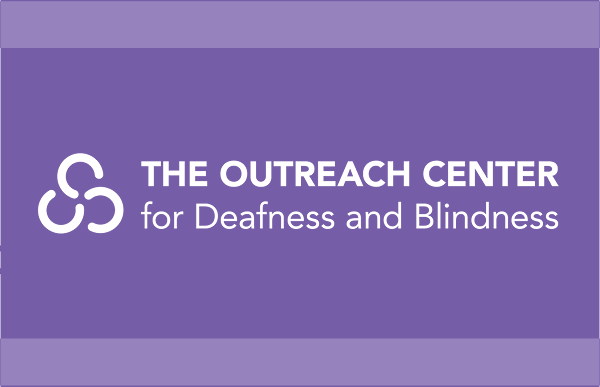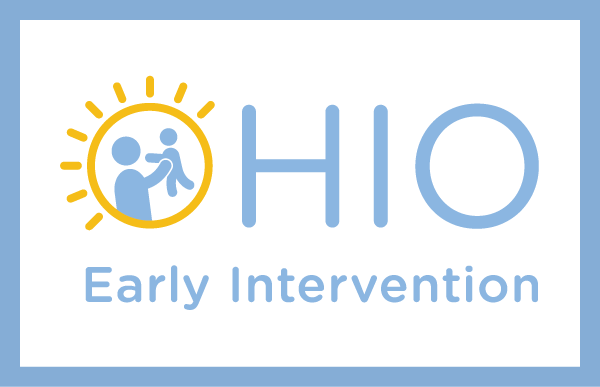Ohio Guidelines for Working with Students who are Blind or Visually Impaired
Early Intervention

Early Intervention is a statewide program that provides coordinated early intervention services to families of eligible children under the age of 3 with developmental delays or disabilities, including blindness or visual impairment. It begins with a referral to Ohio’s Part C, Early Intervention (EI), program through the Ohio Department of Developmental Disabilities (DODD) that serves as the lead agency.
If a child is found in need of early intervention services, an Individualized Family Service Plan (IFSP) is developed with the service coordinator. Child and family outcomes are identified through an assessment process, and the IFSP subsequently identifies the services and supports necessary to reach them. Identified early intervention services begin within 30 days the IFSP being signed by the family and service providers.
To be able to function as equal partners, parents need knowledge and support to make effective, informed decisions and to actively participate in the planning process. The general goal of services to parents is to enable them to become advocates and promote appropriate services for their child. Parents are empowered to make informed decisions when they receive comprehensive, unbiased information from a variety of sources.
If the family chooses to transition from Part C to public school special education services, a formal transition plan must be developed. This plan begins with a transition conference to be held at least 90 days before the child’s third birthday as part of the IFSP process. At this time, the team completes a transition plan to determine steps and services needed to support the established outcomes. The family’s EI service coordinator initiates the transition process and the school district works with local EI programs to ensure a smooth transition.
Additionally, if a child is legally blind, the family may be eligible to receive Supplemental Security Income (SSI) benefits on his or her behalf. These benefits can be used to cover daily expenses such as food, clothing, shelter, and medical care. As part of the SSI application process, the Social Security Administration (SSA) will evaluate the severity of the child’s condition using the requirements found in their manual of disabilities.


